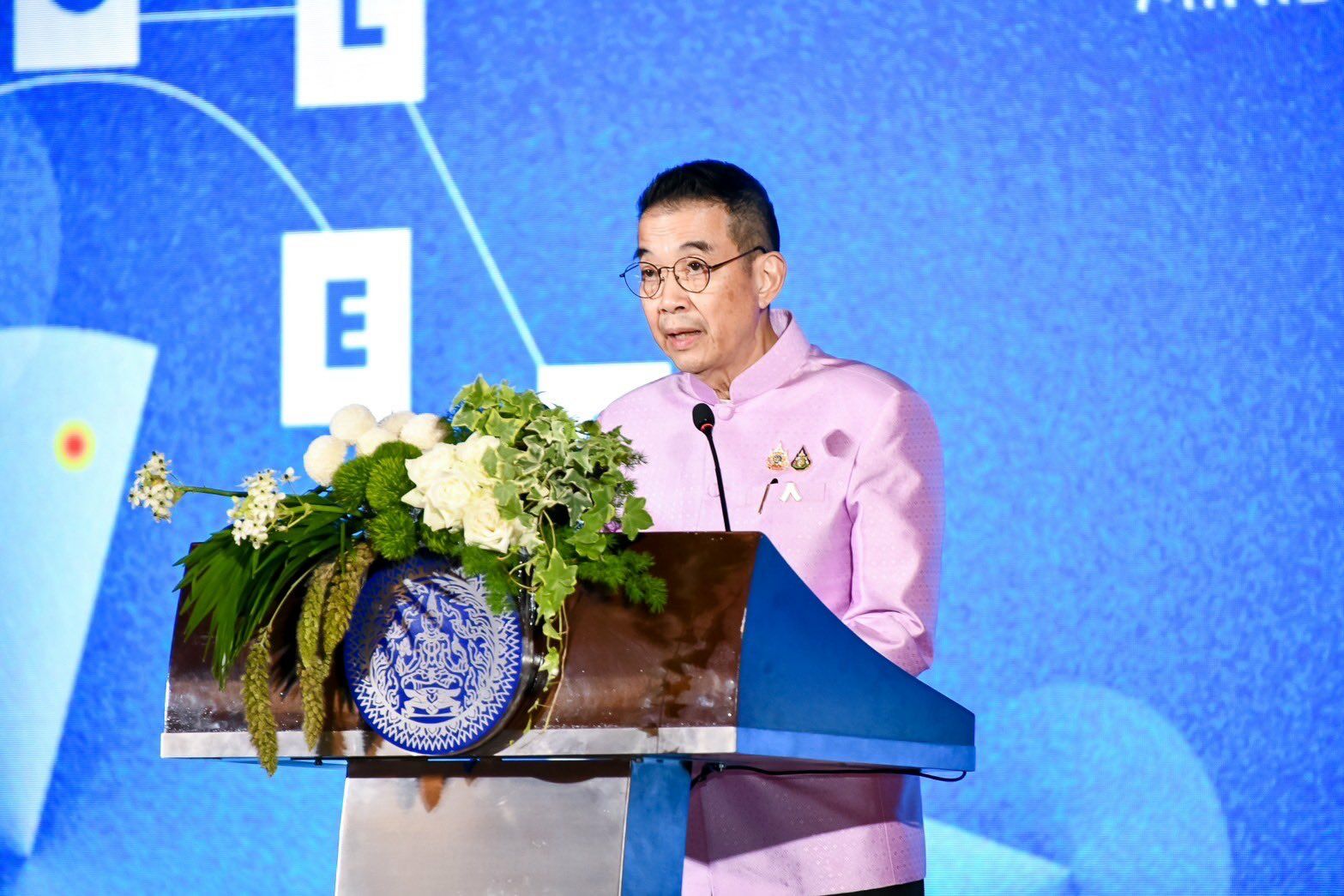Thailand seeks OECD membership for global economic standing

Thailand aims to elevate its global standing by seeking membership in the Organisation for Economic Co-operation and Development (OECD), as announced by Foreign Minister Maris Sangiampongsa.
This move highlights the country’s strategic alignment with the OECD’s objectives, further underscored by the formal launch of Thailand’s OECD Accession Process.
Maris shared these developments yesterday, October 30, during an event organised by the Ministry of Foreign Affairs and the Office of the National Economic and Social Development Council (NESDC). The occasion marked a significant milestone following the OECD’s decision on June 17 to invite Thailand to initiate discussions for accession, thereby recognising it as an official candidate.
Thailand’s journey towards OECD membership began with the submission of a Letter of Intent on February 12. The next step involves Thailand and the OECD crafting an Accession Roadmap. This roadmap will outline the objectives, conditions, and timelines necessary for implementing various OECD instruments, which are prerequisites for membership.
Upon successful implementation, the OECD Council will deliberate on extending an invitation for Thailand to join as a member.
Maris articulated Thailand’s aspirations to enhance its business landscape by fostering competitiveness, ensuring public sector transparency and efficiency, and steering the economy toward resilience and sustainability for inclusive growth. Maris further emphasised the nation’s preparedness for upcoming challenges.
“Simply put, Thailand is ready to take steps to be fit for the future.”
Moreover, the OECD seeks dependable partners, and Thailand’s inclusion would bolster the coalition of nations that share common political and economic values, poised to advance collaborative efforts in various spheres, Maris added.
He further expressed Thailand’s ambition to play a pivotal role in shaping global policies, contributing to peace, prosperity, and progress regionally and beyond.
In a keynote address, OECD Secretary-General Mathias Cormann acknowledged Thailand’s longstanding display of economic prowess and potential. He noted that Thailand’s income level is increasingly aligning with that of OECD countries, with the GDP per capita having risen from 27% to 38% of the OECD average by 2020.
Foreign Direct Investment (FDI) in Thailand is also experiencing an upward trend, attributed to the liberalising impacts of the 1999 Foreign Business Act, as highlighted by Cormann.
Latest Thailand News
Follow The Thaiger on Google News:


























